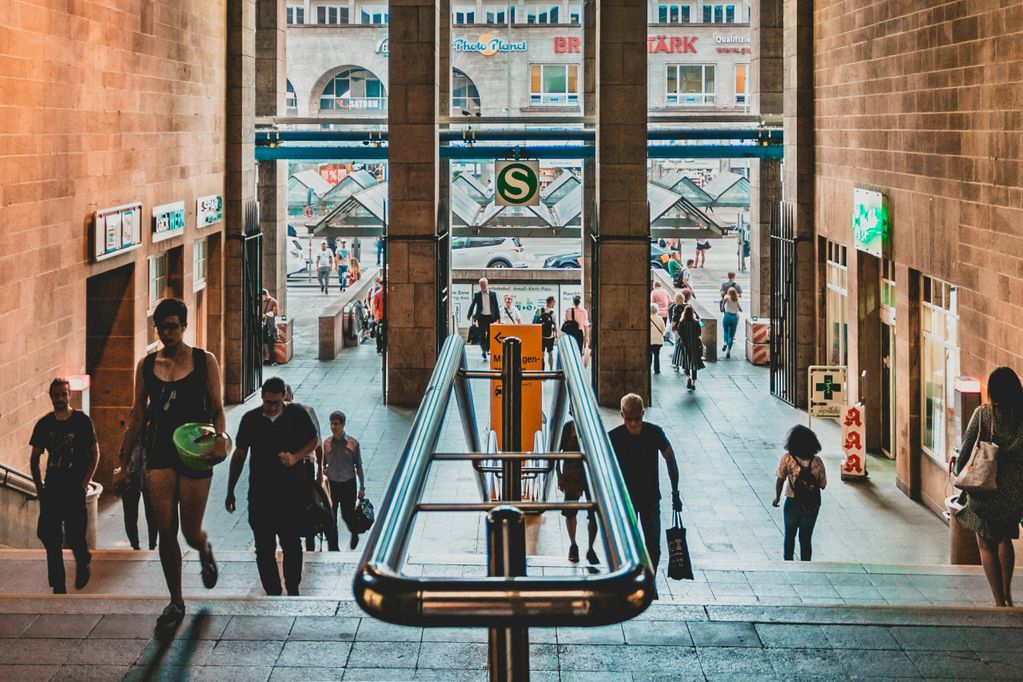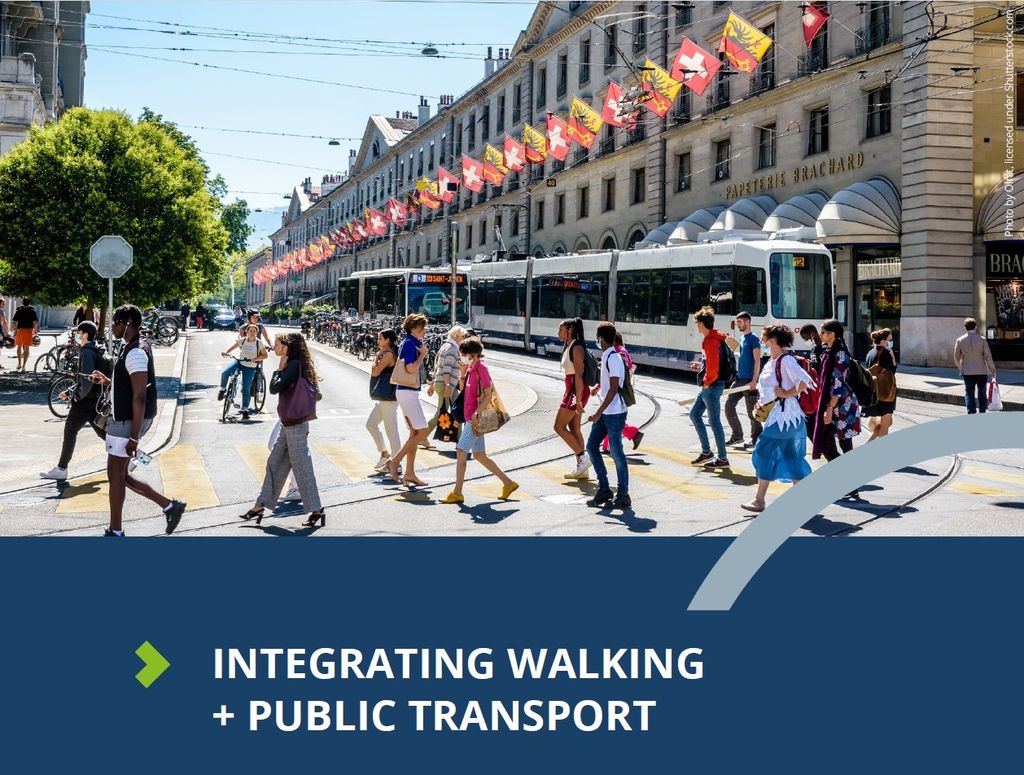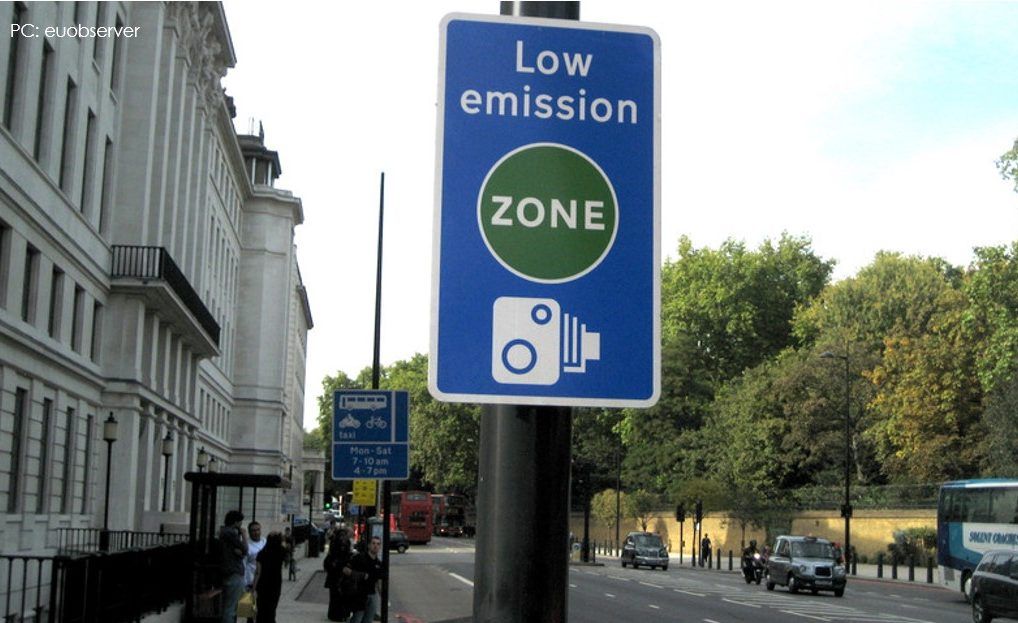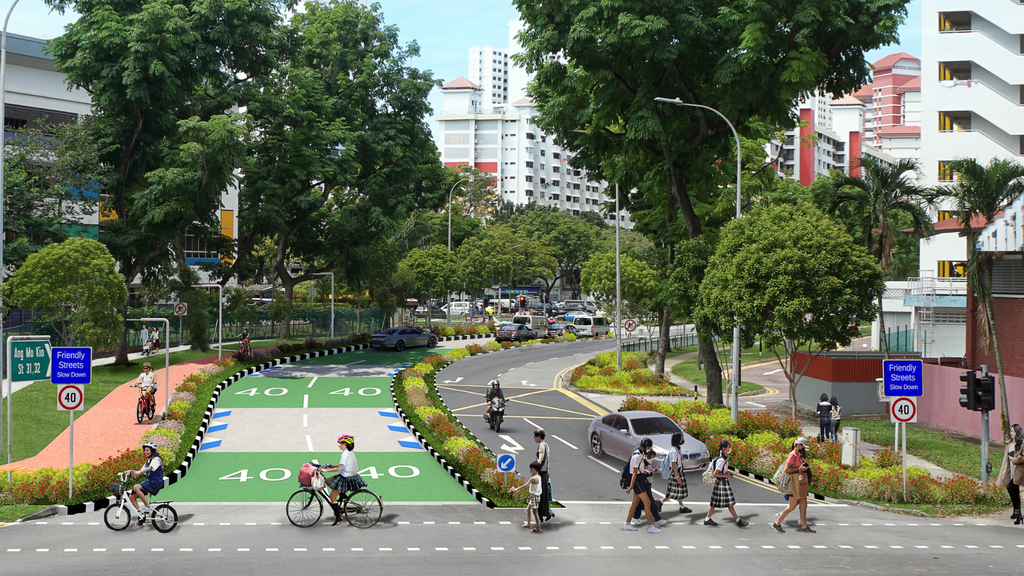
New mobility services: Managing change and disruption
Restructuring mobility systems
Current technological developments have led to new mobility services. These services are contributing to the restructuring of urban mobility systems, just as motorised transport has done in the past. Technology has helped raise the public interest for shared goods and services. The notion of sharing journeys on an on-demand basis is now widespread practice. Such novel practices are fundamentally transforming cities and the way people move around, a trend that could accelerate if combined with the development of automated vehicles (AVs) and artificial intelligence (AI).
While technology and innovation should be seen as an opportunity to upgrade urban mobility systems into systems that better serve societal and political goals, interestingly the disruption and pace of change also generates fear and resistance. This can question our ability to harness the transition for a better future.
This paper aims to make sense of the change and disruption caused by new mobility services, and provides guidelines for managing the rise of this new mobility supply. It focuses on governance, especially the need for Public Transport Authorities (PTAs) to manage the transition in the pursuit of a more sustainable city vision which is less dependent on the private car. It encourages PTAs to engage with new mobility services to complement public transport, and to use modalities such as regulation and legislation to foster sustainable business models.
“UITP believes in a sustainable scenario where public transport constitutes as the backbone of urban mobility systems and new mobility services are integrated to support a more sustainable city vision which is less dependent on the private car. It is clear that in some areas the demand might be better addressed with smaller vehicles and flexible routing rather than traditional fixed route services. Yet, such a sustainable scenario requires public intervention and poses a governance challenge.”
exclusive resources







